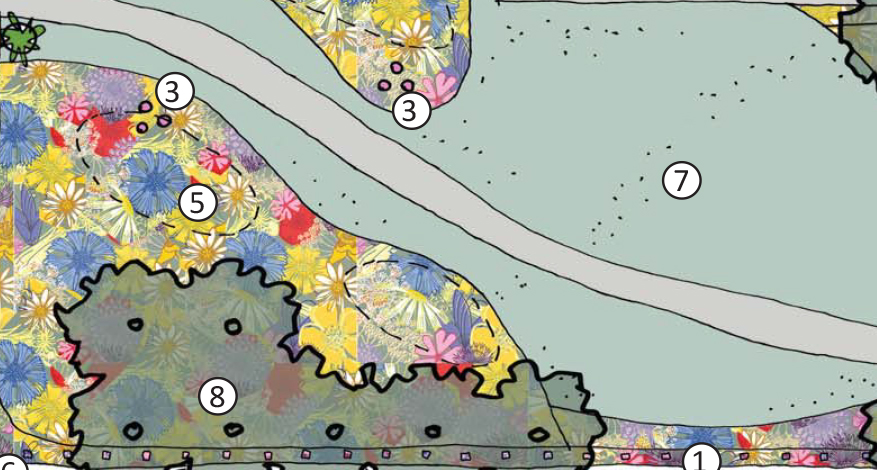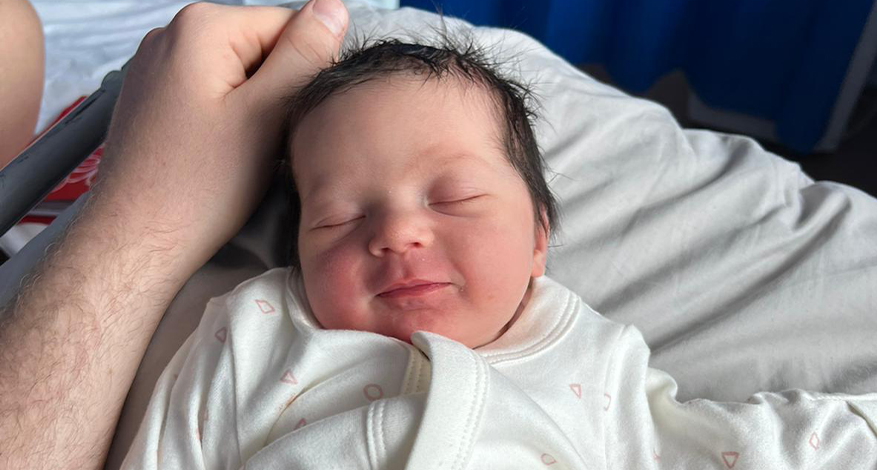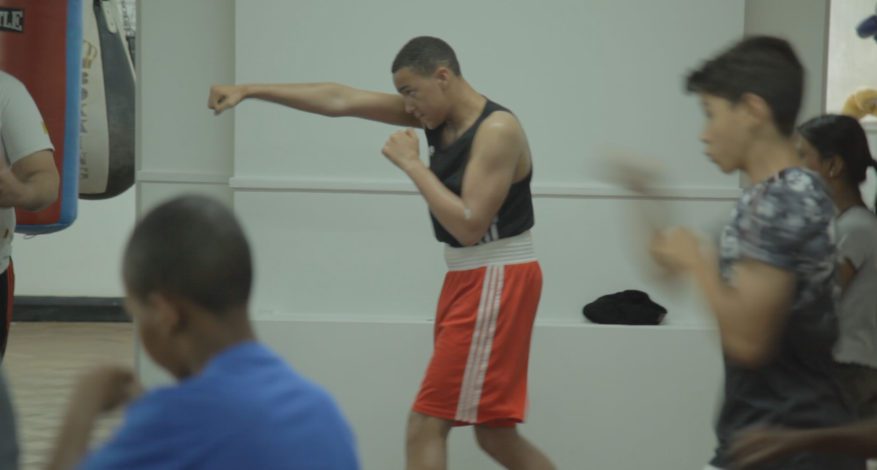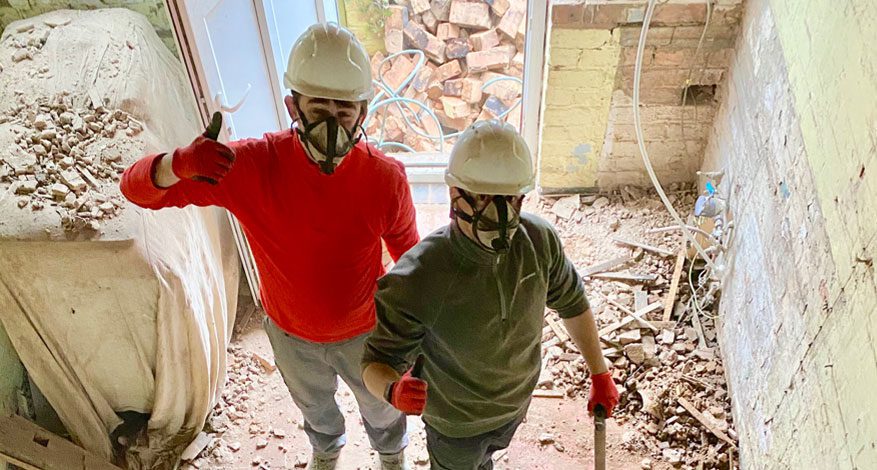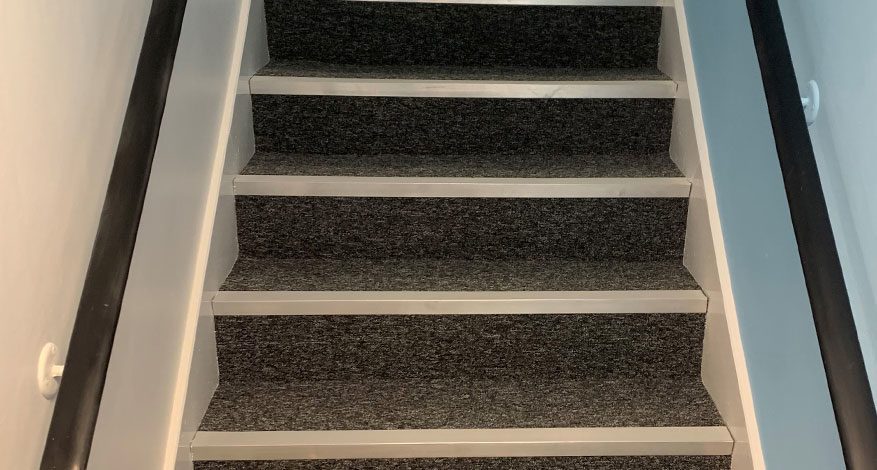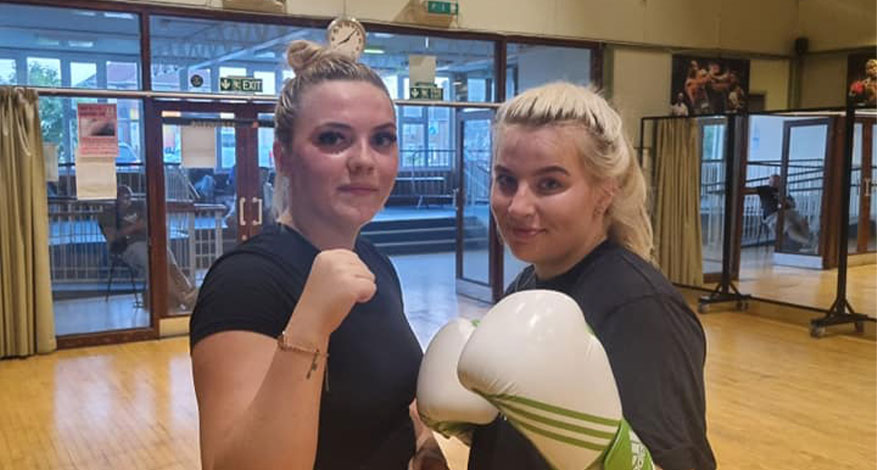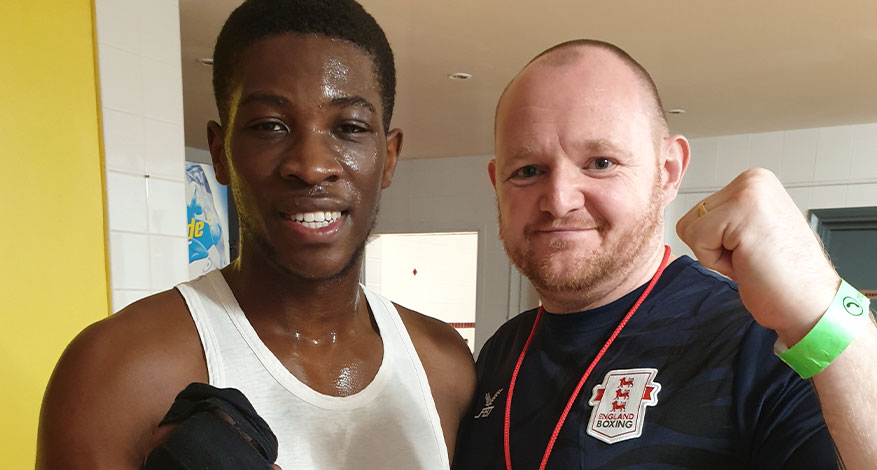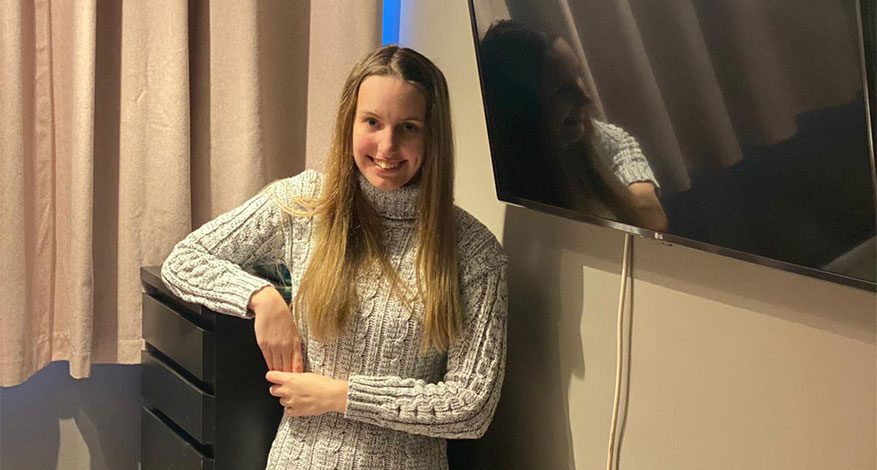Keeping youngsters off the streets and out of trouble!
Our continued support for Swale Gloves Amateur Boxing Club keeps youngsters off the streets and teaches them core values. The Axis Foundation has supported this Amateur Boxing Club since 2016.
Our yearly donations, which total £52,000 in 2025, have replaced broken sports equipment, contributed to transport costs, purchased folding boxing rings and helped pay the rent of the hall. Now that’s what we like to call heavyweight support!
Swale Gloves, based in Sittingbourne, Kent, works with 150 local children and teenagers teaching them the art of boxing. Boxing encourages respect and self-discipline whilst encouraging children to have fun away from the computer screen.
“The funds from the Axis Foundation give us financial freedom and enable us to keep subscription costs down. We’ve been able to keep it at the same price for the past six years. This means we can stay open which is the most important thing. This £5,000 is huge for an Amateur Boxing Club like us. It’s nice to have some like Axis who really supports us” – John Williams, Founder
2025 Update
“Thank you ever so much, this is wonderful news and will go a huge way in helping us, once again thank you to you and all the wonderful people at Axis” – John Williams, Founder
2020 Update
“We were allowed to re-open at the end of July 2020. Luckily most of our members returned. It has been difficult as we have to try and social distance within the gym and we are not allowed any sparring or padwork. All the kids have been really great and kept on supporting us.
“Once again we would like to thank the Axis Foundation for your continued support. It means so much as it gives us financial freedom where we can just concentrate in providing a great environment for the local kids within our community. Your support has been even more essential this year as we lost 3 months worth of income due to COVID” – John Williams, Founder
2021 Update
“Swale Gloves is truly grateful for the help you have given us over the past six years.
“We were closed from November 2020 and able to re-open mid-March 2021. Luckily for us most of our members have returned… Our membership remains high, we have 152 members, 33 of which are female.
“But we have had to purchase a lot more equipment, each member has access to their own gloves and ropes, to enable us to put on training sessions in a safe and social distanced way.
“We are back sparring now. Plus, we have also started a new referral scheme with a local specialist school. This has gone very well: we have 20 members referred to us from the school. All off these members have various issues and cannot be in mainstream school. We are helping to work with them to improve their self-confidence and social interaction skills” – John Williams, Founder
Case study – Fawwaz Akingbogun
Fawwaz Akingbogun is a real success story for Swale Gloves Amateur Boxing Club. He came here as a referral from his school in 2018. He was constantly in trouble and was in danger of being expelled. And he also started to get in trouble with the police.
“Swale Gloves has helped turn Fawwaz’s life around. He totally embraced his training. Within weeks his self-confidence grew and he began to see that he had a lot more to offer the world. Three years on Fawwaz has just completed his A Levels and achieved great results. Fawwaz comes from a very underprivileged background: his family struggles to afford the training sessions. And so we decided we would let Fawwaz in for free.
“He has repaid us in full by turning his life around and giving himself a great future.”
Fawwaz says: “I started getting into to trouble at school a few years ago, my teacher referred me to Swale Gloves Boxing Club, since I have been there my confidence and self-belief has improved so much. I managed to leave school with great A Levels and am now looking forward to going to University to study Business.
“But I will never forget the help the coaches at Swale Gloves have given me, I hope they continue for many years having a positive impact on young kids’ lives.”

